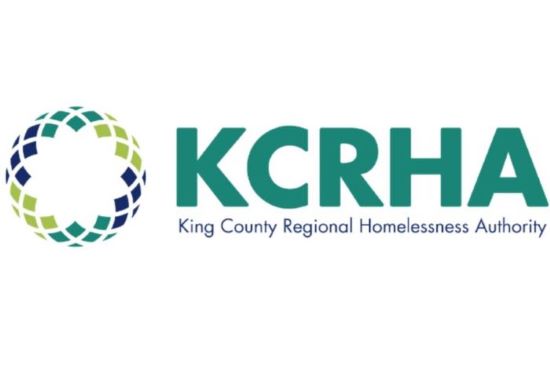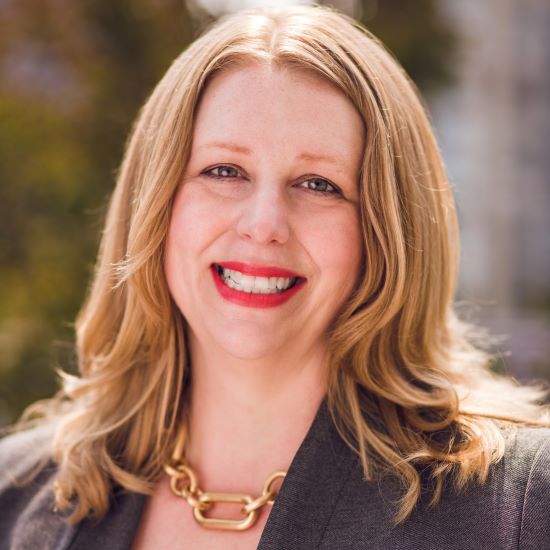Even With a Reorganized KCRHA, Homelessness Prevention is Key
United Way of King County’s formal involvement with the King County Regional Homelessness Authority is ending, but our leadership in addressing homelessness with local partners will continue.
United Way was there when talk of forming a King County Regional Homelessness Authority began, and since its creation in 2019, we’ve always had a seat at its table. As United Way’s CEO, I have sat on the Authority’s Implementation Board, a 13-member panel of people with experience in housing, health, and homelessness.
We were part of the Authority’s three-pronged governance structure, along with the 11-member Governing Committee of elected officials and people experiencing homelessness and a HUD-mandated Continuum of Care Board that ensures the county meets requirements to receive federal funding.
Last Thursday, officials from the City of Seattle and King County, who led the creation of the Homelessness Authority, authorized the reorganization of the Authority’s board structure.
The reorganization included a plan to discontinue the Implementation Board and change the Governing Committee to a Governing Board that will set policy direction, provide fiscal oversight, monitor performance metrics, and ensure the authority is making progress to fulfill its mission of significantly decreasing homelessness throughout King County.

The Governing Board will now comprise 12 members: Seattle’s mayor, the county executive, two members of the King County Council, two members of the City of Seattle Council, and three people who have experienced homelessness.
When the Implementation Board sunsets at the end of the year, it will mean we at United Way will not be directly involved with a regional effort we helped to launch (in addition to my involvement, former United Way Chief Impact Officer Sara Levin was a member and co-chair of the Continuum of Care Board).
It is safe to say that we are rooting for the Authority’s success, even though we will no longer be involved in its governance. We still believe that a regional approach is the best way to solve our county’s homelessness problem. The dissolution of the Implementation Board comes as no surprise; previous KCRHA leaders have expressed that the governance structure was unwieldy and prevented real progress. We support the single governance structure.
We wholly support its new CEO, Dr. Kelly Kennison. We believe she will provide stability in leadership to a start-up organization that has been led by its previous CEO, two interim directors, and an acting director (check out United Way’s conversation with Dr. Kinnison on our latest Hourglass Podcast).

And as our formal relationship with the Authority is ending, we see this as an opportunity to cast a clarion call for more preventive measures to solve homelessness. We urge the City of Seattle, King County government, philanthropy, corporations, and, yes, even the Authority to listen.
While our local officials are retooling the governance structure for our regional approach, they also need to reexamine the ways in which we go about solving this crisis. At United Way, we believe that the only way we will reduce the growing number of people sleeping on our streets is to keep folks from losing their dwellings in the first place.
No amount of policy or personnel changes to our local agencies will make a difference unless we recognize and prioritize the importance of prevention strategies and services to keep people housed—especially in an area with a deficit of affordable housing.
In May 2022, King County officials placed United Way in charge of the county’s federally supported emergency rental assistance program. In partnership with local governments, United Way processed more than $200 million in federal funding for rental assistance and eviction protection, dispersing funds for past-due rent and forward rent.
No amount of policy or personnel changes to our local agencies will make a difference unless we recognize and prioritize the importance of prevention strategies and services to keep people housed—especially in an area with a deficit of affordable housing.
United Way of King County president and CEO Gordon McHenry, Jr.
We have also partnered with the Housing Justice Project to provide legal counsel for folks facing eviction and with Housing Connector to keep people housed when they fall behind on rent.
Recently, United Way launched the Our Neighbor Fund, a fundraising effort to address the region’s housing and food insecurity issues.
Preventing homelessness through rental assistance and other resources is the right thing to do from a humanitarian and economic perspective. It is the only way any regional approach to solving homelessness will work. Join our movement to ensure we prevent homelessness before it starts by making a donation to United Way’s Our Neighbor Fund.





Comments